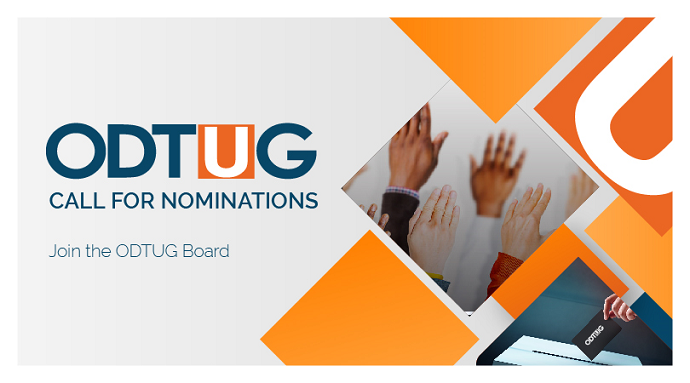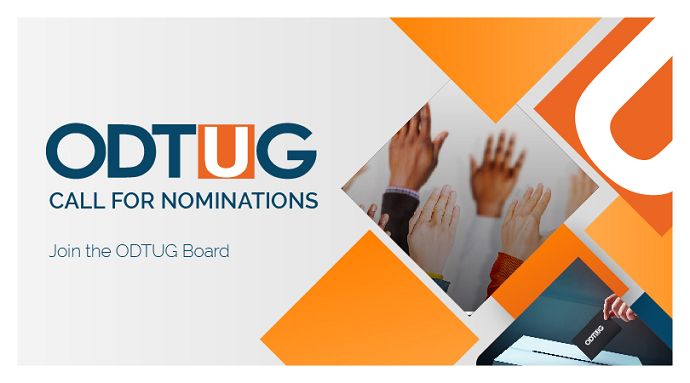
|
||||||||||||||||||||||||||||||||||||||||||||
Released: February 5, 2018 05:08 PM
| Updated: February 5, 2018 05:08 PM
Keywords:
ODTUG News








 Tim Gorman, Delphix
Tim Gorman, Delphix

 Martin D'Souza, Insum Solutions;
Martin D'Souza, Insum Solutions;  Scott Spendolini,
Scott Spendolini,





